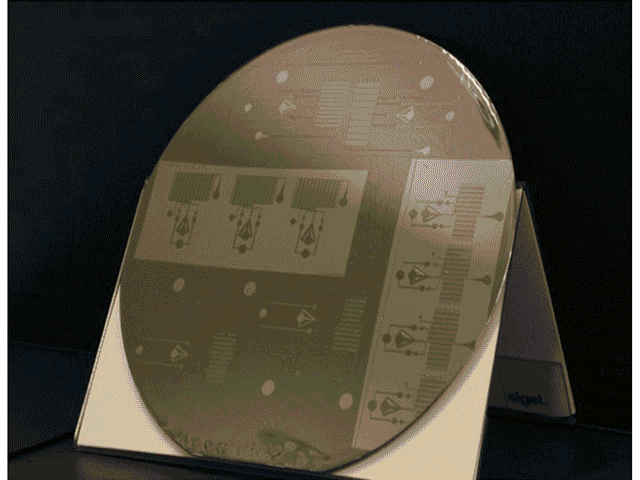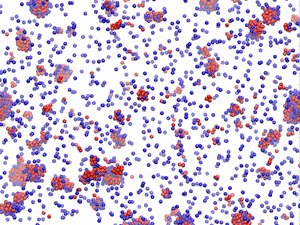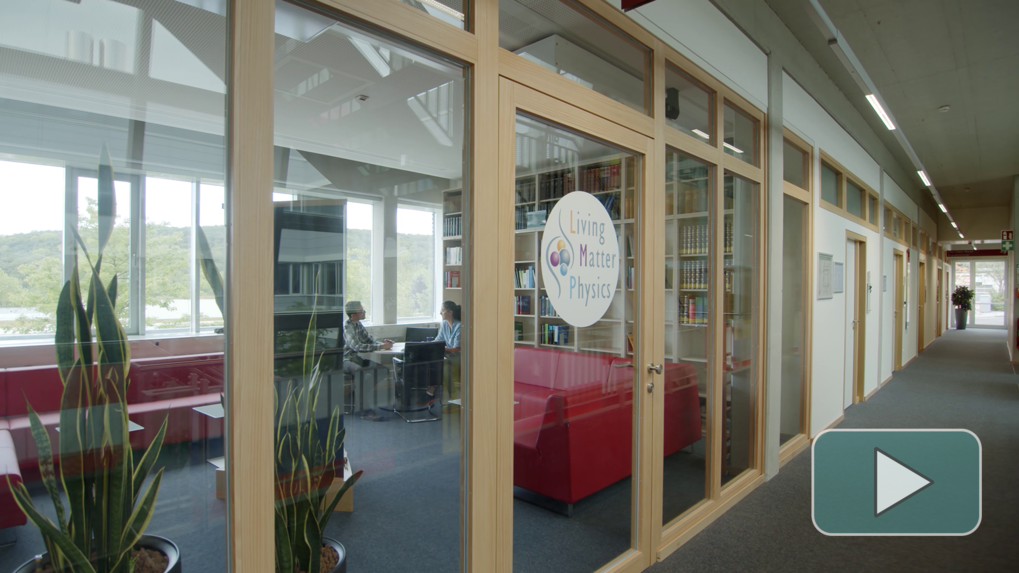Research Departments

Fluid Physics, Pattern Formation and Biocomplexity
Prof. Dr. Dr. h.c. Eberhard BodenschatzWe are investigating the dynamics of a variety of complex nonlinear systems both experimentally and theoretically. Our interests are currently focused on biocomplexity in cell-biology, Lagrangian properties of fully developed turbulence, pattern formation and spatio-temporal chaos, and the Geodynamics of the earth's crust.


Living Matter Physics
Prof. Dr. Ramin GolestanianThe department of Living Matter Physics is engaged in a wide range of theoretical research aimed at a multi-scale understanding of the dynamics of living systems from a physical perspective. The aim is to understand the complex dynamics of living matter well enough to be able to make it from the bottom-up; i.e. from molecules to systems.




























